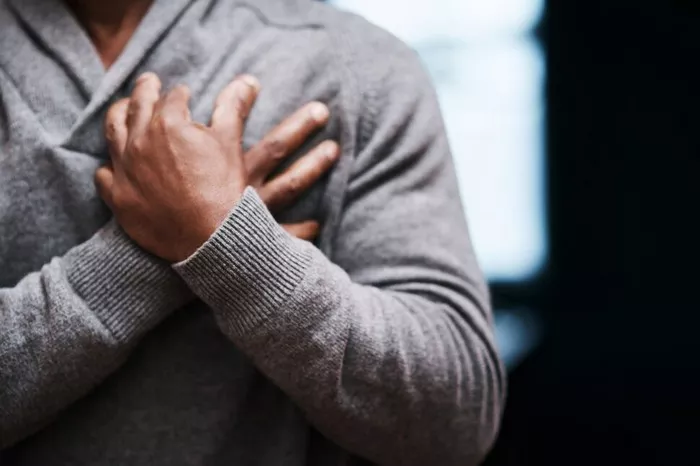Heart palpitations after drinking alcohol are a common concern for many people. These palpitations can range from mild and temporary to severe and persistent, causing worry and discomfort. Understanding why this happens is essential for those experiencing this phenomenon. In this article, we delve into the various factors that contribute to heart palpitations after drinking and explore ways to manage and prevent them effectively.
Alcohol and Heart Palpitations: Exploring the Connection
Alcohol consumption can lead to heart palpitations through several mechanisms. One of the primary reasons is the direct effect of alcohol on the cardiovascular system. When you consume alcohol, it enters your bloodstream and affects the functioning of your heart and blood vessels.
1. Increased Heart Rate:
Alcohol is a known stimulant that can increase your heart rate. This effect is more pronounced in individuals who are sensitive to alcohol or consume it in large quantities. As your heart rate increases, you may experience palpitations or a sensation of irregular heartbeats.
2. Dehydration:
Alcohol is a diuretic, meaning it promotes urine production and can lead to dehydration. Dehydration can affect the electrolyte balance in your body, including potassium and magnesium levels. These electrolytes play a crucial role in maintaining the proper functioning of your heart muscles. Imbalances in electrolytes due to dehydration can contribute to heart palpitations.
3. Vasodilation and Blood Pressure Changes:
Alcohol consumption can cause blood vessels to dilate, leading to a drop in blood pressure. While this effect may be temporary, it can trigger palpitations, especially in individuals with underlying cardiovascular conditions or those prone to fluctuations in blood pressure.
4. Arrhythmias and Alcohol:
In some cases, alcohol consumption can trigger arrhythmias, which are abnormal heart rhythms. Arrhythmias can manifest as palpitations, rapid heartbeats, or irregular heartbeats. Certain individuals, such as those with pre-existing arrhythmias or structural heart abnormalities, may be more susceptible to these effects.
5. Alcohol Sensitivity:
Individual sensitivity to alcohol varies widely. Some people may experience heart palpitations even with moderate alcohol consumption, while others may not notice any significant effects on their heart rhythm. Factors such as genetics, overall health, and medication use can influence how your body reacts to alcohol.
Managing and Preventing Heart Palpitations After Drinking
If you experience heart palpitations after drinking alcohol, there are several strategies you can adopt to manage and prevent them:
1. Limit Alcohol Intake:
Reducing your alcohol consumption or avoiding it altogether can significantly reduce the likelihood of experiencing heart palpitations. Stick to moderate drinking guidelines and be mindful of your body’s response to alcohol.
2. Stay Hydrated:
To counteract the dehydrating effects of alcohol, ensure you stay hydrated by drinking plenty of water before, during, and after consuming alcohol. This helps maintain electrolyte balance and supports cardiovascular health.
3. Monitor Your Heart Health:
If you have a history of heart conditions or palpitations, it’s essential to monitor your heart health regularly. Consult with your healthcare provider for advice on alcohol consumption and its potential effects on your heart.
4. Avoid Triggers:
Identify and avoid other triggers that can exacerbate heart palpitations, such as caffeine, nicotine, stress, and lack of sleep. Maintaining a healthy lifestyle with regular exercise and a balanced diet can also contribute to better heart health.
5. Seek Medical Evaluation:
If you frequently experience heart palpitations after drinking alcohol or if they are accompanied by other concerning symptoms such as chest pain, dizziness, or shortness of breath, seek medical evaluation promptly. Your healthcare provider can assess your condition, perform necessary tests, and recommend appropriate treatment or lifestyle modifications.
Conclusion
Heart palpitations after drinking alcohol can result from various factors, including increased heart rate, dehydration, blood pressure changes, arrhythmias, and individual alcohol sensitivity. By understanding these connections and adopting healthy habits, such as moderate alcohol consumption, staying hydrated, and monitoring your heart health, you can effectively manage and reduce the risk of experiencing heart palpitations related to alcohol consumption. If you have persistent concerns or symptoms, consult with a healthcare professional for personalized guidance and care.


